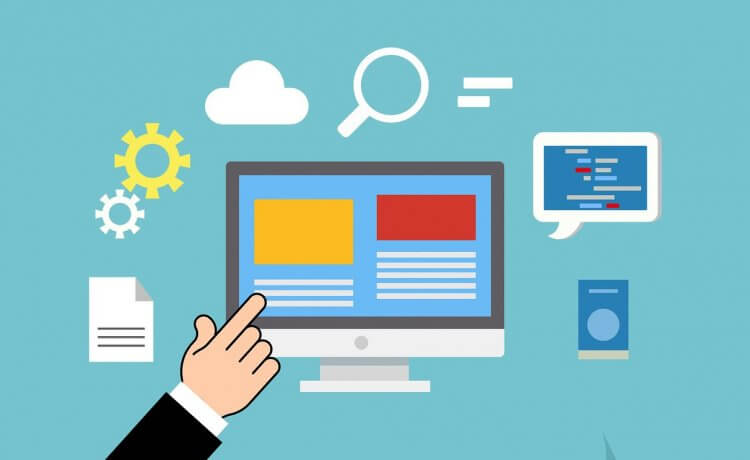Enterprise Resource Planning (ERP) is becoming more prevalent across all industries. This is because organizations of all sizes are able to drive increased efficiency by implementing ERP software. Check out the list below of five ways ERP can make your company more efficient.
1. Optimize Collaboration
Depending on your organizational chart, there’s a good chance that effective cross-functional collaboration is challenging at times. Whether it’s internal teams partnering on a project or important functions involving vendors, collaboration must be efficient. ERP can facilitate processes between all stakeholders, such as invoicing and tracking shipments. The set up of ERP software will depend on your needs. Part of the implementation process involves analyzing your operations to understand what’s necessary to achieve the desired outcomes.
Selecting an ERP system can feel overwhelming, which is why it’s important to find a knowledgeable consultant to assist you with understanding the different capabilities as they relate to your industry and business needs. JD Edward’s support by CSS offers the wisdom you need to make a sound decision.
2. Mitigate Loss
The ability of a company to mitigate loss is indirectly linked to its ability to generate profits. ERP software helps to drive more efficient operations, which reduces loss surrounding productivity. This is partially achieved by being able to better analyze daily operations to pinpoint inefficiencies. One way an ERP system can mitigate loss is by eliminating waste. This includes optimizing warehouse space and helping you stay on schedule. By addressing issues of loss, you’re able to improve financial outcomes.
3. Simplify Inventory Management
There’s a lot that goes into effective inventory management. It’s a masterful undertaking that can be drastically improved with the right ERP system. This includes improvements in your ability to understand and manage supply demands. It also makes inventory management more centralized and facilitates access to real-time data. With the consistent availability of supplies, you’re able to enhance operational efficiency. Managing inventory using an ERP system has far-reaching benefits.
4. Boost Customer Satisfaction
Customer Relationship Management (CRM) is a valuable component of ERP systems. It’s a critical aspect of any business because the way you manage customer relationships will impact business success. The CRM elements of ERP systems can enable customers to find out what’s happening with their order, which is highly beneficial. It enables you to simplify multiple processes and maintain a more widely accessible view of different functions, such as accounting, production and distribution.
5. Gain a Competitive Advantage
The implementation of an ERP system is an investment that many companies have made because of its comprehensive benefits. ERP offers a competitive advantage that helps you stay several steps ahead of others in your industry. The broad based improvements that can be made with ERP will likely impact your entire organization. In addition to the benefits already listed, the competitive advantage includes being able to customize reports used to make critical business decisions.
ERP systems enable you to trust the reliability of the real-time data you’ll be able to access. You’ll have a much greater ability to build operations that are leaner and more productive. A critical requirement in every business is being able to pivot when necessary and function with agility. ERP is a comprehensive solution that enables you to achieve that goal. Another important consideration is that ERP systems are a scalable solution that can be integrated based on your current needs and adapted to fit your future needs. It’s a system that can expand as your business grows.




